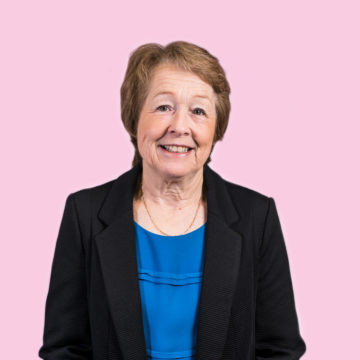If you don’t have a Will when you die, the law will decide how your estate is distributed. This is known as dying “intestate”. Dying without a Will means you have no control over who inherits from you. Someone could receive a part or the whole of your estate who you would not wish to benefit. Your loved ones may also find it more time consuming and costly to deal with your estate. A Will is the only way of making your wishes known when you die.
Only if there are serious disagreements between beneficiaries and/or the people making the Will.
Read more Wills & ProbateYou can appoint one or more relatives or close friends to act as guardians and assume parental responsibility. Always discuss …
Read more Wills & ProbateThis is the term used to cover everything that needs to be done to deal with an estate. It involves …
Read more Wills & ProbateInheritance tax is charged at the rate of 40% on the value of your estate above the allowances available. The …
Read more Wills & ProbateYou should record your contribution and the way in which you would like the future proceeds of sale to be …
Read more Wills & ProbateConsider giving your wife a lifetime right to benefit from your estate. This will enable her to carry on living …
Read more Wills & ProbateA member of your family, your partner, a friend or solicitor may act as your executor. The executor must be …
Read more Wills & ProbateDepending on the size and complexity of the estate, these could include HM Revenue & Customs, the Department for Work …
Read moreOur highly skilled team of specialist solicitors have been established in the City of Wakefield for over 100 years.
















